Delta 10 vs. Delta 11 THC

Although you’re likely familiar with Delta 9 THC, you may come across lesser-known variants like Delta 11 and Delta 10.
These compounds, found naturally in hemp plants, offer unique properties and effects that set them apart from their more well-known counterparts.
Today, we’ll examine the molecular structures, potencies, and properties of Delta 11 and Delta 10 THC.
By understanding the differences between Delta 10 and Delta 11, you can make informed decisions about incorporating cannabinoids into your wellness routine or recreational experiences.
Keep reading this Delta 10 vs Delta 11 comparison to find out which is better for you, starting with an analysis of Delta 10.
Key Takeaways
- Delta 10 THC and Delta 11 THC are lesser-known cannabinoids with distinct properties and effects, naturally found in hemp and cannabis plants.
- Delta 10 THC offers a milder, energizing, and clear-headed high, making it ideal for daytime use or activities requiring focus and creativity.
- Delta 11 THC provides a stronger, more intense high with both body and cerebral effects, such as deep euphoria and mental relaxation, suitable for more experienced users.
- The molecular structure of Delta 10 and Delta 11 differs by the location of the double bond on their carbon chains, affecting their unique psychoactive properties.
- Despite being federally legal under the 2018 Farm Bill when derived from hemp, state regulations for Delta 10 and Delta 11 THC vary, making it necessary to check local laws.
What is Delta 10?
Delta 10 THC is a minor cannabinoid found in cannabis plants, similar to other THC isomers like Delta 8 THC and Delta 9 THC. It is less common and naturally occurs in smaller concentrations compared to Delta 9 THC.
Delta 10 THC has gained popularity in recent years due to its unique effects, which are often described as more uplifting and energizing than those of Delta 8 or Delta 9 THC.
Let’s find out what this cannabinoid looks like at a molecular level.
Molecular Structure of Delta 10 THC
Delta 10 THC has a molecular structure very similar to other THC isomers (Delta 8 and Delta 9 THC), but with a slight difference in the placement of a double bond on the carbon chain.
For Delta 10 THC, the double bond is located on the 10th carbon in the chain, while for Delta 9 THC, it's on the 9th carbon, and for Delta 8 THC, it's on the 8th carbon.
Occurrence in Cannabis Plants
Delta 10 THC is a minor cannabinoid and only occurs in very small quantities in hemp and cannabis plants, in much lower quantities than major cannabinoids such as Delta 9 THC or CBD.
Potential Psychoactive Properties
Delta 10 THC is known for its milder psychoactive effects compared to Delta 9 THC, offering a more cerebral and uplifting experience, along with slight euphoria.
Users often describe Delta 10 THC as energizing and clear-headed, making it suitable for daytime use or for those who want to stay productive and focused.
It tends to provide a mild high without the intense psychoactivity or anxiety sometimes associated with stronger cannabinoids, making it a gentler option for those sensitive to stronger effects.
Many users report mood enhancement, increased focus, and creativity when using Delta 10 THC, which can help with tasks or creative projects. Overall, Delta 10 THC is a good choice for those seeking a functional, uplifting high with minimal side effects.
Check out the vast selection of Delta 10 at Mellow Fellow to find a product that works best for you!
Now that we know what Delta 10 THC is, let’s cover the basics of Delta 11 THC.
What is Delta 11?
Delta 11 is a naturally occurring cannabinoid found in hemp plants, albeit in smaller quantities compared to more prevalent compounds like CBD and Delta 9 THC. Delta 11 has garnered attention despite its limited natural occurrence for its unique effects and potential therapeutic benefits.
Let’s start by talking about its molecular structure.
Molecular Structure of Delta 11
The molecular structure of Delta 11 is similar to that of other THC variants, with a key difference in the location of a double bond. Delta 11's double bond is positioned on the 11th carbon atom of the molecule's chain.
This subtle variation in structure contributes to the unique properties and effects associated with Delta 11.
Occurrence in Cannabis Plants
Delta 11 is present in both hemp and marijuana plants, although its concentration is typically lower than that of other cannabinoids. The amount of Delta 11 in a particular strain can vary depending on factors such as genetics, growing conditions, and post-harvest processing methods.
Potential Psychoactive Properties
Delta 11 is known for its psychoactive properties, which can induce a range of effects on the mind and body.
Users often report heightened creativity, increased focus, and a subtle energy boost when consuming Delta 11. Delta 11 THC is usually associated with feelings of intense euphoria and mental relaxation as well as an overall strong body and cerebral high.
These effects may be particularly appealing for those seeking an intensely euphoric and cerebral experience, which you can test for yourself thanks to the wide selection of Delta 11 products from Mellow Fellow.
Now that we’ve examined Delta 10 and Delta 11 THC individually, let’s compare them side-by-side.
Delta 11 vs. Delta 10: Key Differences
While Delta 11 and Delta 10 share similarities as naturally occurring cannabinoids, they also possess distinct differences that set them apart, such as unique molecular structures and psychoactive effects. Understanding these key differences can help you make informed decisions about these two compounds.
Let’s start by examining the difference in molecular structure.
Molecular Structure
One of the primary differences between Delta 11 and Delta 10 lies in their molecular structure. Delta 11 features a double bond on the 11th carbon atom of the molecule's chain, while Delta 10 has its double bond positioned on the 10th carbon atom.
This difference in structure is associated with many of the other differences we’re about to discuss, including these cannabinoids’ respective effects.
Potency
One of the most important distinctions between Delta 10 THC and Delta 11 concerns potency or strength. Since most people are familiar with Delta 9 THC, this will be our baseline for potency comparison.
First, Delta 11 THC is thought to be roughly three times or 300% as potent as Delta 9 THC. Delta 11 is likely much stronger than Delta 9.
Next, Delta 10 THC is thought to be about 40% as potent as Delta 9 THC, meaning that it’s likely much milder than Delta 9.
This would mean that Delta 11 THC has the potential to be somewhere around ten times as potent as Delta 10 THC.
Remember however that scientific research and literature on this front is quite limited, so these figures, although well-informed estimates, may differ slightly. That said, due to Delta 11 THC being more potent, you can also expect the effects to be more pronounced.
Psychoactive Effects
When it comes to the psychoactive effects, Delta 11 and Delta 10 offer distinct experiences.
Due to its heightened potency, Delta 11 may produce a much stronger and longer-lasting high. Strong body and cerebral effects, such as extreme euphoria, mental relaxation, greater focus and creativity, and a subtle energy boost, generally characterize the effects of Delta 11 THC.
Although Delta 11 THC is not thought of as being sedating, its intense cerebral effects make it ideal for more seasoned consumers with higher tolerance levels and experience with milder cannabinoids.
On the other hand, Delta 10 is associated with a milder and more relaxing experience. Its effects are often described as less intense than Delta 11, providing a sense of calm and relaxation without the overwhelming euphoria. Delta 10 may also produce a clear-headed experience with greater focus, energy, and clarity.
Therefore, Delta 10 may be appealing to those seeking a laid-back and mellow experience.
Delta 11 vs. Delta 10: Similarities
While Delta 11 and Delta 10 have distinct differences, they also share some common ground, such as their natural occurrence in plants and ability to produce a “high.”

Here’s what makes Delta 11 and Delta 10 similar to each other:
They’re Minor Cannabinoids
An important similarity between Delta 10 and Delta 11 is that they are both minor and rare cannabinoids, unlike Delta 9 or CBD, which are considered major cannabinoids.
This means that Delta 10 and Delta 11 occur in much smaller quantities compared to these major cannabinoids, although both do occur naturally in cannabis plants.
Natural Occurrence in Cannabis Plants
One of the most significant similarities between Delta 11 and Delta 10 is their natural presence in cannabis plants. Both cannabinoids are found in trace amounts within the plant material, alongside other well-known compounds like CBD and Delta 9 THC.
Delta 11 and Delta 10 occur naturally in hemp, which means that they can be extracted and isolated using similar methods.
This allows manufacturers to create targeted products that harness the specific properties and effects of each cannabinoid, offering you a range of options to explore and experience.
Psychoactive Properties
Another key similarity between Delta 11 and Delta 10 is their psychoactive nature. Both cannabinoids interact with the body's endocannabinoid system, specifically binding to CB1 receptors in the brain, to produce euphoric and mind-altering effects.
Related Products
This shared ability to induce a "high" sets Delta 11 and Delta 10 apart from non-psychoactive cannabinoids like CBD, although the effects produced by both cannabinoids differ from one another.
However, if you’re looking for the strongest cannabinoid and the most potent high, THCp is worth looking into.
Similarities and differences aside, let’s examine the legal status of Delta 10 and Delta 11 in the USA.
Legal Status of Delta 11 and Delta 10
Understanding the legal landscape of Delta 11 and Delta 10 is essential as you explore these cannabinoids. While both compounds are technically legal under federal law, state-specific regulations may vary, creating a complex legal framework.
The 2018 Farm Bill legalized hemp and its derivatives, including cannabinoids like Delta 11 and Delta 10, at the federal level.
As long as these compounds are derived from hemp and contain less than 0.3% Delta 9 THC, they are considered legal under federal law. This legislation opened the door for the nationwide production, sale, and consumption of Delta 11 and Delta 10 products.
Despite Delta 11 and Delta 10's federal legality, individual states have the authority to regulate these cannabinoids within their borders. Some states have imposed restrictions or bans on specific hemp-derived compounds, creating a patchwork of state-level laws that can be challenging to navigate.
It's important to research and understand the specific regulations in your state regarding Delta 11 and Delta 10. Consult local laws and stay informed about updates or changes to ensure compliance and avoid potential legal issues.
How to Use Delta 11 and Delta 10 Products
Exploring the world of Delta 11 and Delta 10 can be an exciting journey, but it's important to understand how to use these products safely and effectively. Whether you prefer vaping, edibles, or tinctures, there are various methods to experience the unique effects of these cannabinoids.
Let’s take a look at each method, as well as some of the top choices to consider as far as smoking, vaping, edibles, and tinctures are concerned.
Smoking
Smoking cannabis involves inhaling the smoke from burning dried flower, resulting in a rapid onset of effects within minutes and lasting one to three hours.
It provides an intense but shorter-lived high and is less discreet due to odor and smoke. Those concerned about respiratory issues may also want to choose a different consumption method.
If you’d like to try Delta 11 or Delta 10 flower, Mellow Fellow has a variety of prerolls worth considering.
The Best Delta 10 Vapes and Delta 11 Flower
Here are some great Delta 10 and Delta 11 prerolls to check out. They’re convenient because they’re already rolled for you!
Van Gogh’s Creativity 3.5g Pre-Rolls feature the energizing Super Silver Haze Sativa strain, infused with Delta 10 THC for a balanced, uplifting experience. Each preroll combines cannabinoids like Delta 8, Delta 10, HHC, CBD, and CBG, crafted to spark creativity and focus.
With its earthy, citrus, and herbal flavors, these prerolls are perfect for users looking to enhance their creative sessions or boost daytime energy.
Klimt's Desire 3.5g Pre-Rolls offer a blend of Delta 11, Delta 8, HHC, CBD, and CBG cannabinoids, infused within the balanced Cheetah Piss Hybrid strain. Designed to provide a potent experience, these prerolls deliver a smooth smoke with a complex flavor profile of citrus, pine, and creamy notes.
In case you’d rather vape than smoke, let’s talk about that next.
Vaping
Vaping Delta 11 THC or Delta 10 THC involves inhaling vaporized cannabinoids using a vape pen or vaporizer. A key advantage of vaping is the rapid onset of effects, typically within a few minutes, as the THC is quickly absorbed into the bloodstream through the lungs.
The effects are usually more intense but shorter, lasting one to three hours. Because of this fast absorption, vaping can often result in a more potent experience than other methods.
Remember that vapes can come in the form of cartridges and disposables, each with its own benefits and drawbacks.
Vaping is ideal for those who require immediate potential therapeutic benefits or for individuals who prefer a quick and more controlled experience. However, it may not be ideal for those with respiratory sensitivities or concerns about the potential long-term effects of inhaling vapor. It is also less suitable for users who prefer longer-lasting effects.
Let’s look at some of the best Delta 10 and Delta 11 vapes your money can buy.
The Best Delta 10 Vapes and Delta 11 Vapes
Here are some great products to get you started with Delta 10 and Delta 11 vaping. Each one has distinct effects and flavors. Let’s go over a few great choices.
The Zkittlez Indica Delta 10 Vape Cartridge is a 1ml cartridge featuring Delta 10 THC, known for its mild, uplifting effects and clear-headed high. Infused with natural terpenes, it delivers the sweet, fruity flavor of the Zkittlez strain. Designed for use with 510-thread vape pens, it provides a relaxing, calming experience without being overly sedative.
The Desire Blend Maui Wowie 4ml Live Resin Disposable Vape features a mix of Delta 11, Delta 8, HHC, THCh, CBD, and CBG for a unique, potent experience. This 4ml vape contains live resin, enhancing the natural flavors and effects of the Maui Wowie strain, known for its tropical, fruity taste.
Designed for convenience, the disposable vape offers smooth, flavorful hits with a balanced blend that provides both uplifting and relaxing effects.
The Desire Paris Trainwreck Indica 1ml Live Resin Disposable Vape packs a blend of Delta 11, Delta 8, HHC, THCh, CBD, and CBG for a complex and enjoyable set of effects.
Made with live resin, it captures the true essence of the Trainwreck strain, offering earthy flavors with a hint of citrus. This disposable vape is easy to use, providing smooth, satisfying hits with relaxing Indica effects—perfect for unwinding.
Edibles
Edibles, such as gummies, chocolates, or baked goods infused with Delta 11 or Delta 10 THC, offer a different experience compared to vaping and smoking. Edibles must be processed through the digestive system, which generally results in a delayed onset of effects, usually between 30 minutes to two hours.
However, the effects of edibles are often more prolonged, lasting up to eight hours or even longer in some cases. This is because the liver metabolizes THC into a more potent form, which can result in a more intense and sustained high.
This method is ideal for individuals seeking a discreet and long-lasting experience. However, edibles are not the best option for those who need immediate effects or are unfamiliar with proper dosing, as the delayed onset can lead to consuming too much.
Additionally, they may not be suitable for people with dietary restrictions or those mindful of calorie and sugar intake.
Mellow Fellow also has plenty of edibles to consider, with the Delta 10 edibles being extremely popular.
The Best Delta 10 Edibles
One Delta 10 edible that really stands out is the Fruit Punch Live Resin Creativity Blend.
The Creativity Blend M-Fusions Fruit Punch Edibles offer 500mg of cannabinoids, including Delta 10, Delta 8, HHC, CBD, and CBG, crafted to enhance creativity and focus. With a delicious fruit punch flavor, these edibles provide an enjoyable way to consume cannabinoids without the need for smoking or vaping.
These edibles are ideal for users looking to elevate their creative flow or boost their day with a balanced and energizing effect. They combine convenience, flavor, and a well-rounded cannabinoid profile for a satisfying experience.
Tinctures
Tinctures contain Delta 11 or Delta 10 THC in a liquid form that is typically consumed sublingually (under the tongue). This method allows quicker absorption through the mucous membranes, leading to effects that begin within 15 to 45 minutes.
The effects of tinctures generally last three to six hours, although some people may feel the effects for up to eight hours. Tinctures provide a balance between the quick onset of vaping and the prolonged effects of edibles. They also offer an easy way to control dosage, allowing for a tailored experience to meet individual needs.
This method is ideal for those looking for a moderate onset and duration of effects without inhalation or edible consumption. It is also discreet and convenient for users who want to adjust their dosage easily.
However, tinctures might not be the best choice for those seeking the fastest possible effects or for individuals who prefer the longer-lasting, more potent effects of edibles. Some users may also find the taste of cannabis extracts in tinctures less appealing.
Delta 10 vs. Delta 11: Final Thoughts
Delta 10 THC and Delta 11 THC offer distinct experiences due to their differences in molecular structure, potency, and psychoactive effects.
Delta 10 THC is known for its milder, uplifting effects that promote focus and creativity without intense psychoactivity, making it a good option for those seeking a gentler high.
In contrast, Delta 11 THC is much stronger, providing a potent and long-lasting euphoric experience that may appeal to seasoned users looking for a powerful high.
With a variety of consumption methods, such as vaping, edibles, and tinctures, you can explore which approach best suits your preferences and lifestyle.
For the largest selection of the best cannabinoid products, visit Mellow Fellow Today!
Frequently Asked Questions
What is the Best Consumption Method for Beginners Trying Delta 10 or Delta 11 THC?
Beginners might prefer edibles or tinctures in smaller doses for controlled dosing and a more gradual onset of effects. Edibles provide a longer-lasting experience, while tinctures offer quicker effects with moderate duration.
Can Delta 10 and Delta 11 THC Be Used Together for Enhanced Effects?
Yes, combining Delta 10 and Delta 11 THC can offer a balance between the uplifting, clear-headed effects of Delta 10 and the stronger euphoria and relaxation of Delta 11. However, start with small doses to understand your tolerance.
Are Delta 10 and Delta 11 THC Legal in All States?
While federally legal if derived from hemp with less than 0.3% Delta 9 THC, Delta 10 and Delta 11 THC legality varies by state. It's essential to check local regulations before purchasing or using these cannabinoids.
References
- Farm Bill | USDA
- What is Delta-10-THC and Why do I Need to Know About it? (acslab.com)
- Delta-8, Delta-10, HHC, THC-O, THCP, and THCV: What Should We Call These Products?: Journal of Studies on Alcohol and Drugs: Vol 84, No 3 (jsad.com)
- Emergence of Delta-8 Tetrahydrocannabinol in DUID Investigation Casework: Method Development, Validation and Application | Journal of Analytical Toxicology | Oxford Academic (oup.com)
- The Intoxication Equivalency of 11-Hydroxy-Δ9-tetrahydrocannabinol (11-OH-THC) Relative to Δ9-tetrahydrocannabinol (THC) | Journal of Pharmacology and Experimental Therapeutics (aspetjournals.org)
Explore Other Articles
View allExplore more
- 11 hydroxy thc
- Blends
- blunt
- burn blend
- cannabinoids
- cartridge
- CBD
- cbg
- CBN
- Charged Blend
- Clarity Blend
- Concentrates
- Connection Blend
- Creativity Blend
- Dabs
- decarb
- decarboxylation
- delta
- delta 10
- delta 11
- delta 8
- Delta 8 thc
- delta 9
- delta 9 thc
- Delta-10-THC
- Delta-11-THC
- delta-8
- Delta-8-THC
- Delta-9-THC
- delta9
- Desire Blend
- destination series
- Diamonds
- disposable
- disposable vape
- Dream Blend
- dry january
- edibles
- elevate blend
- entourage
- entourage effect
- entourage effects
- Euphoria Blend
- focus
- gummies
- H4CBD
- halloween
- hemp
- hemp beverage
- hemp-derived
- HHC
- HHCp
- HTE
- Indica
- Introvert Blend
- Joint
- lean
- legal
- Live Resin
- Live Resin cartridges
- m-fusions
- mechoulam
- momentum blend
- Motivation Blend
- nano-beverage
- one hitter
- preroll
- productivity
- raphael mechoulam
- Recover Blend
- Relief
- sleep
- strain review
- terp sauce
- Terpenes
- Thanksgiving
- thc
- THC beverage
- THC Drink
- thc lean
- thc-p
- THCa
- THCa Flower
- THCb
- THCh
- THCm
- thcp
- THCp edibles
- THCp flower
- THCv
- the elevate blend
- The Energy Blend
- The Happy Blend
- The Illuminate blend
- the momentum blend
- The Rest Blend
- Tranquility Blend
- vape
- vape cartridge
- Vapes
- wax
- wellness
- zkittlez


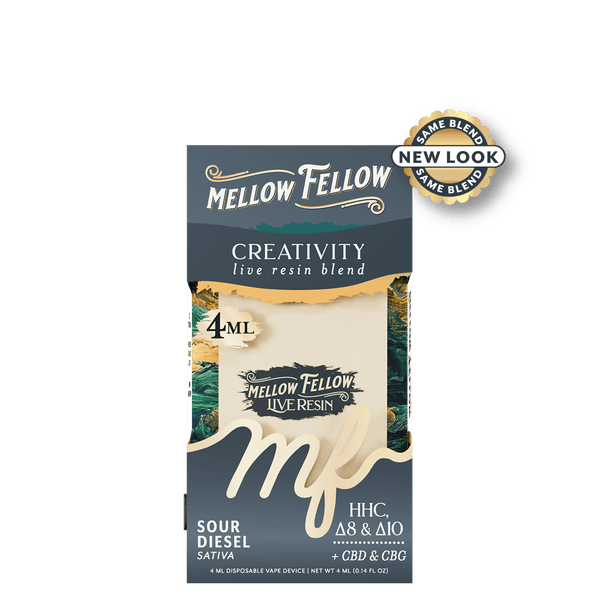
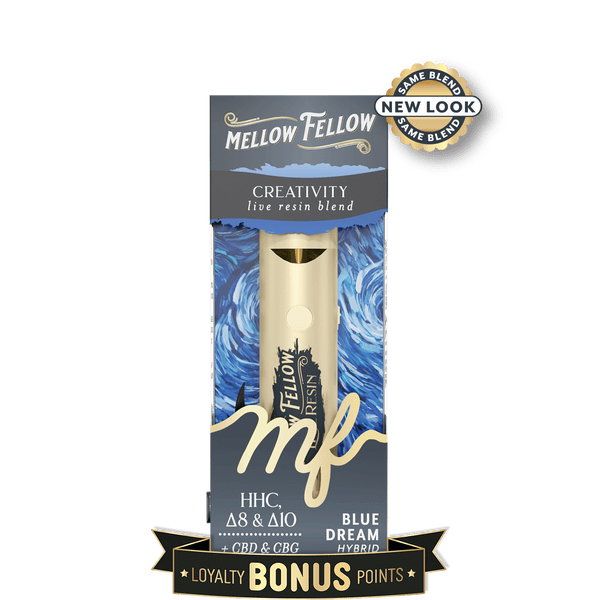
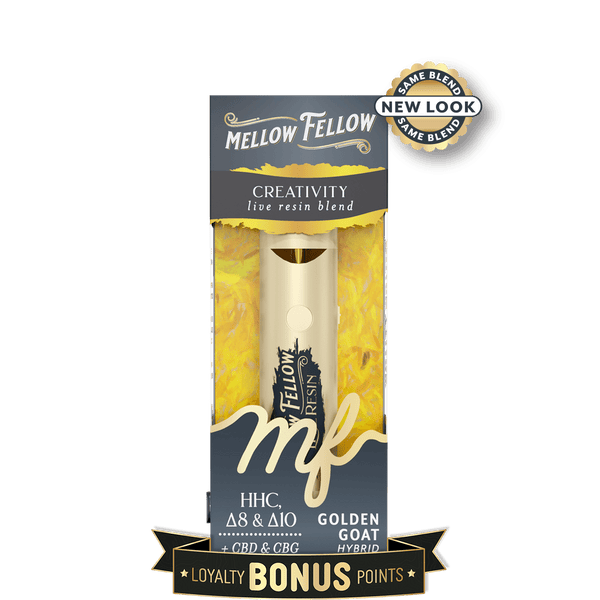
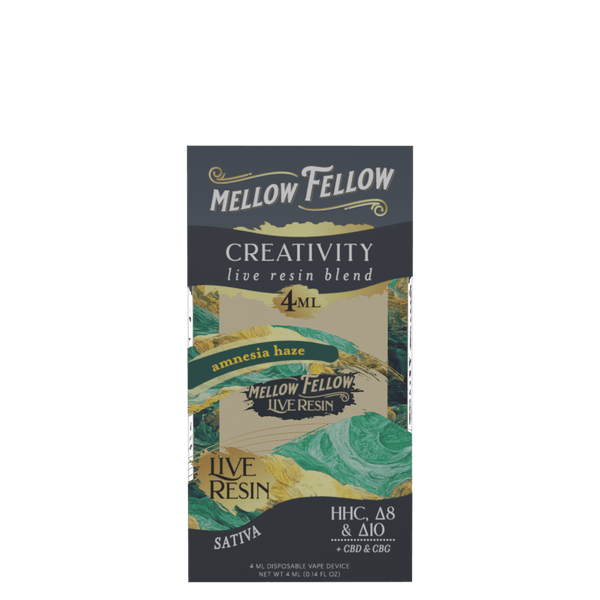
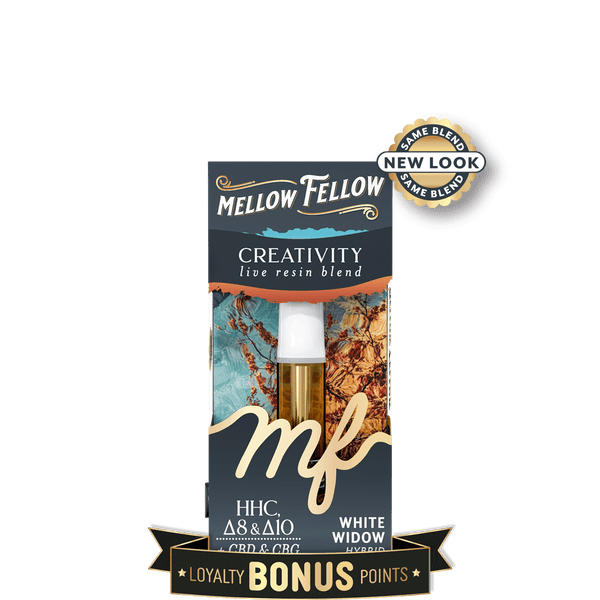
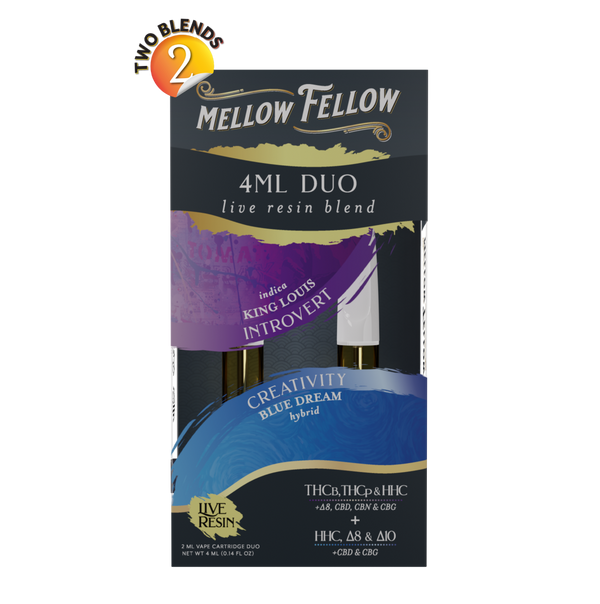










Leave a comment